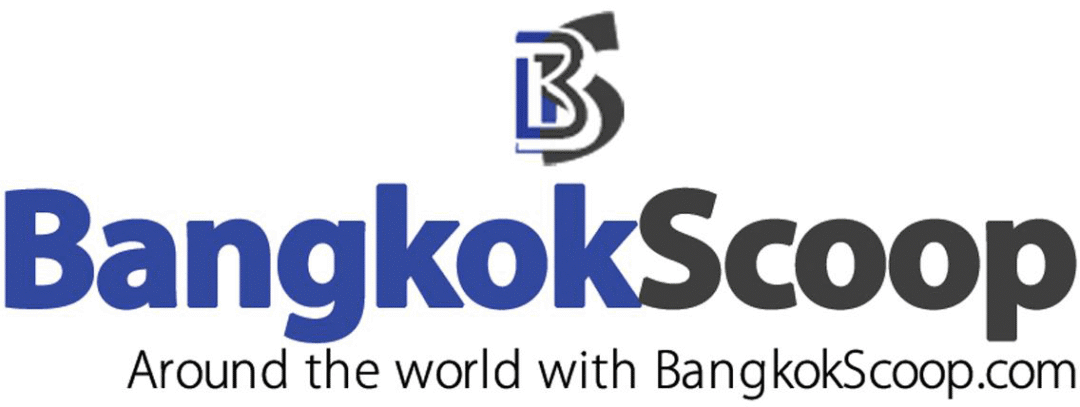Thailand will open to tourism in mid-October
Prime Minister Prayut Chan-Ocha revealed the deadline as part of his efforts to shore up support from the business community. They have been very critical of him for imposing the longstanding partial lockdown that has impacted the country’s economic performance. He said that his top priority is to save lives as well as maintain the livelihoods of the Thai people. To prepare for the country’s reopening, he urged every department in government and the governors of provinces to make all preparations so that people can go back to earning a living once again.
The announcement came after the government ascertained that the procurement of vaccines for the Thai people could be guaranteed. Since April, the issue of vaccine availability and access has become a hot political topic in the media and in the parliamentary debates. Senior officials at Government House and the Ministry of Public Health have given confusing reports about the status of vaccine security in the country. Beginning July 7, the government’s confidence in achieving mass inoculation should visibly increase. More and more Thais have now registered for vaccination.
Prayut said that Thailand has now negotiated with six suppliers of vaccines, namely Pfizer, Johnson and Johnson, Moderna, AstraZeneca, Sinovac and Sinopharm. By the end of year, he said Thailand would have amassed 105.5 million doses, which is sufficient to inoculate all the Thai population. At this juncture, the government plans to administer an average of 10 million jabs a month from July so that by early October almost 50 million people, or 70 per cent of Thai population will have had their first shot.
In the post pandemic world, Thailand’s economic strength will still be based on the tourism industry which has long provided national revenue and income for the hotel and service industries. Phuket, the country’s premier tourist resort, will be the first to open up on July 1. Earlier the island has already experimented with its tourism plan allowing long-stay tourists to come exclusively to the island resort.
In order to maintain the country’s vaccine security, it is important for Thailand to produce its own vaccines. Siam Bioscience is one of the 25 companies given licenses to produce AstraZeneca for local use and export. Since December of last year, the Thai company has produced millions of doses but they were all for export. However, beginning this month, locally produced vaccines under the brand AstraZeneca will be used in Thailand. It is expected by the end of this year, there will be at least 61 million doses available for the Thai people.
As such, Thailand is investing in research and development to produce its own vaccines through local labs and Thai scientists. The most notable has been Chulalongkorn University’s mRNA Covid-19 vaccine, known as ChulaCov19, which began Phase 1 of human trials with 72 volunteers last week. The number of volunteers will soon go up to 5,000 in Phase 2 and even more in the final Phase 3. If all goes as planned, ChulaCov19 could be manufactured in Thailand by the end of this year.
By mid-October, Thailand’s new plan to reinvigorate the economy will be put to the test in terms of whether the country can build back better. Lest we forget, Thailand is hosting next year’s Asia Pacific Economic Cooperation Leaders Meeting which will be the first face-to face meeting. The whole world will have its eyes focused on Thailand.








